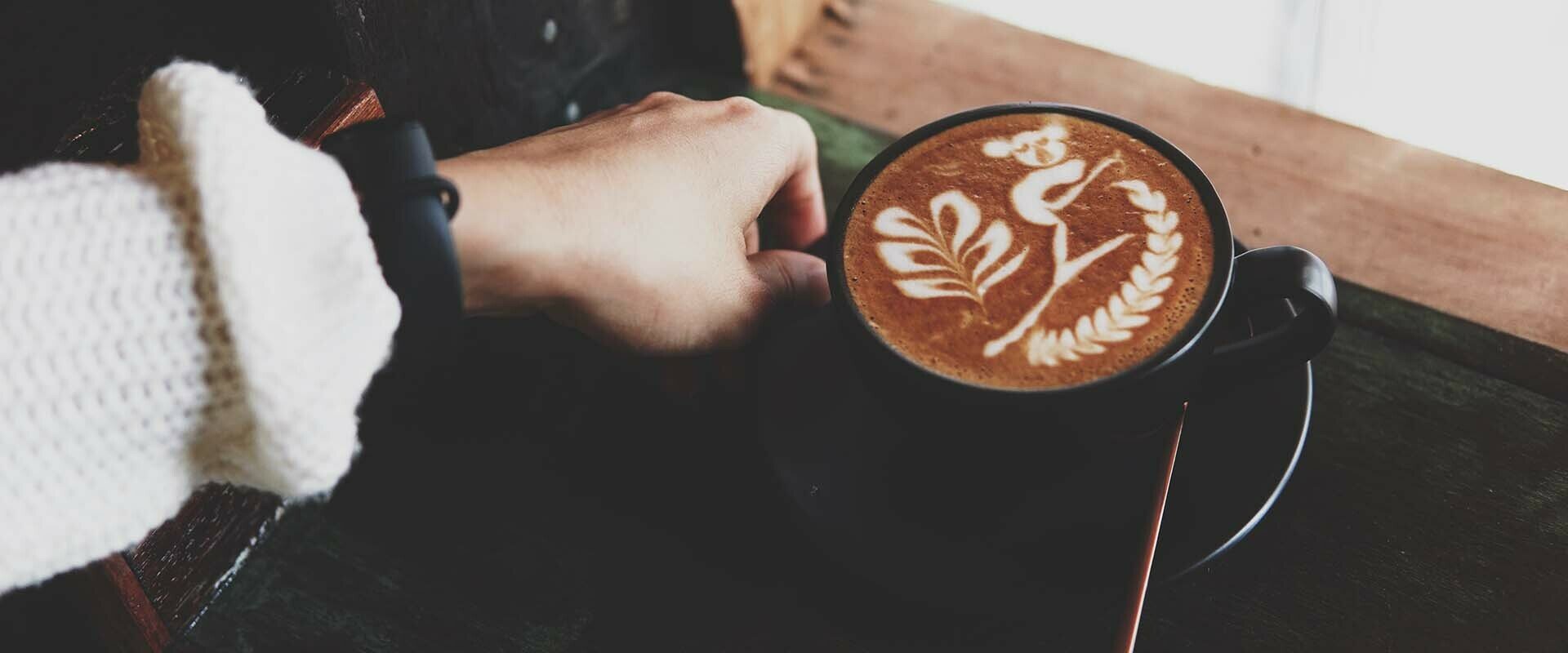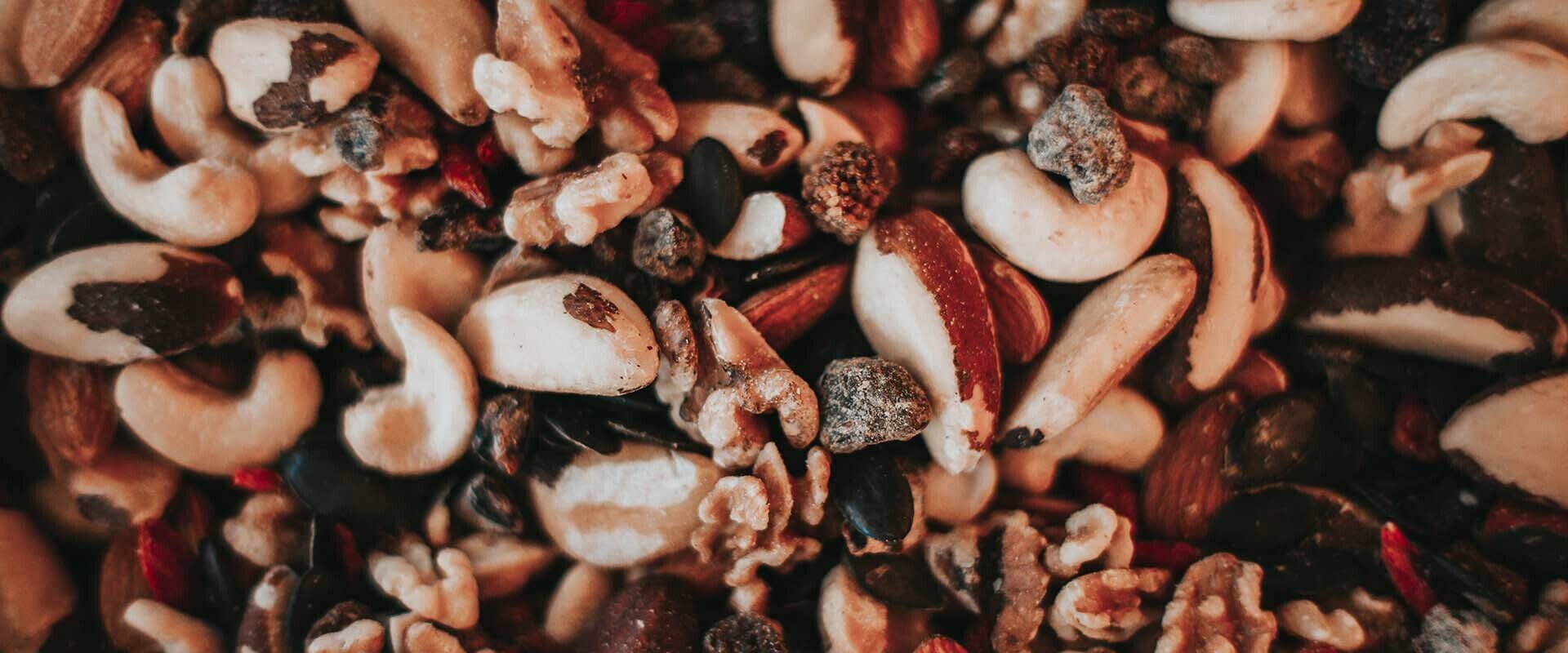11 ways to become an imperfect low-waste traveller
Low-waste and zero-waste lifestyles flood our Instagram feed nowadays—and a lot of the time they seem intimidating. Have you seen those photos of people whose entire year’s worth of garbage fits into a mason jar? People who make their own tofu from scratch? People who bake bread with a sourdough starter they’ve fed for years? It all seems like a bit much, especially when you’re travelling and staying in hostels. But the great thing about going low-waste is that you can do as much or as little suits your needs. As the zero-waste chef Anne Marie Bonneau puts it: "We don't need a handful of people doing zero waste perfectly. We need millions doing it imperfectly.”
Here are eleven ways you can reduce your waste while travelling on a budget.
1. Refill a water bottle
In Canada, we consume two billion disposable water bottles per year, or 5.3 million—MILLION—bottles a day. Swapping out single-use plastic water bottles for reusable ones is hands down one of the easiest and most effective things you can do. Remember, plastic does not biodegrade, so much of our plastic waste ends up in landfills or the ocean.
In cases where drinking water isn’t potable, you might consider using something like a LifeStraw, a filtration straw that removes up to 99.99999% of waterborne bacteria and up to 99.9% of waterborne protozoan cysts. Alternatively, consider refilling your bottle at known, clean water sources like restaurants, bars, cafes or in your hostel.
2. Sit down and have your coffee
If your chosen cafe doesn’t accept reusable coffee cups, or if you don’t have one (you should!), no problem. You’re in a new city, so while it might feel instinctive to grab a cup of coffee to go and rush to see ‘everything,’ it’s well worth taking the time to sit down, enjoy your coffee, people watch and let your surroundings sink in.
Doing this, you avoid those rarely-recycled coffee cups altogether. It’s a little-known fact that apart from the lids of most to-go cups being plastic, the paper cup itself is lined with plastic.

3. Take along some tupperware
If you have to get leftover food doggy-bagged, skip the polystyrene containers and pack it directly into your carried-from-home-because-that’s-how-prepared-you-are tupperware. You can also skip plastic-lined plates at street vendors if you BYOT (bring your own tupperware).
While it’s tempting to assume that paper-based packaging is better, truthfully, it depends. Paper-based packaging (including brown paper bags) is biodegradable but takes a lot more water to produce.
Another pro: tupperware is lightweight (compared to stainless steel containers and mason jars), so you don’t have to worry about adding bulk to your travel necessities.
4. Carry a cloth tote
There’s nothing worse than having to put your otherwise no-waste grocery items from the corner store near the hostel into a plastic bag. A lightweight cloth tote can come in handy for everything from souvenir shopping to grocery runs to a laundry bag.

5. Buy souvenirs second hand
Second hand t-shirts, magnets and general knick knackery can all be picked up at your local flea market or thrift shop. Second hand clothes, especially, reduce your environmental impact by limiting carbon dioxide emissions (you’ve saved clothes from the landfill - yay!) Plus making new clothes needs the use of pesticides and fertilisers and wastes billions of litres of water. What’s more, you’ll end up with truly unique stuff, rather than the typical souvenir trinket shop stuff. You could also stage your own clothing swap with fellow travellers back at your hostel. That shirt you've worn three times a week for the past month is like opening up a brand new wardrobe for someone else.
6. Refuse straws or carry your own
To say straws aren’t necessary at all is ableist. If you need straws or just like drinking from straws, there are several reusable options on the market nowadays: bamboo, metal, silicone, and glass (perhaps not the most practical for travel, though) are all equally as functional as old fashioned plastic or paper straws.
7. Carry your own cutlery
A vast number of low-range eateries still use plastic cutlery, as do most budget airlines and economy flight meals. Your best option to avoid plastic cutlery is to carry your own cutlery set. You can buy them in bamboo, steel and in hybrid and foldable designs.

8. Use beeswax paper or silicone ziplock bags
If you’re packing yourself a sandwich from your hostel room for a day out or storing the extra spaghetti you cooked up for dinner to reheat for tomorrow's breakfast, consider packing along some reusable food storage items. Invest in or make some beeswax wraps. These are bits of cloth that have been coated in beeswax to mimic plastic wrap. To use them, you simply warm them with the heat of your palms, while moulding them as sandwich wrappers or against leftover fruit for easy storage.
Alternatively, silicone zipable bags are a great substitute for regular plastic Ziploc bags, and can be microwaved or frozen if needed. Use them for anything from storing leakable toiletries to trail mix.
9. Avoid buying things packaged in (or made of) plastic
Speaking of trail mix, if you’re keen to make your own (without plastic) one way to do so is to find a bulk store in the city you’re visiting for nuts, seeds and dried fruit.
If you can help it, avoid buying things packaged in plastic—from food to souvenirs. If plastic-free options are available, look out for them. And if not, maybe politely share your apprehension with the vendor or salesperson. Often, getting out the idea that plastic waste is avoidable and bad for the environment comes from a conversation.

10. Pack your own low-waste lunch for the plane
This might be a bit excessive, depending on the length of your trip and where you’re heading to or from. It’d be great if we could all pack our tupperwares with a sandwich and some fruit and carry along our empty bottles and fill them at our boarding gates. Next best case scenario? Find a local eatery that serves fresh food and have them pack your meal into your tupperware (and carry your bottle and cutlery, of course).
11. Repurpose and reuse any ‘waste’ you’ve picked up while traveling
If you picked up a plastic water bottle, reuse it by refilling it wherever possible. Bought some bread that came in a plastic bag? It happens! Rather than tossing away the bag, tip it over or rinse it out and use it to stash away soiled clothes, flip-flops or plop your phone in it and knot it to keep it sand-free at the beach.
David Attenborough’s “best motto” is “not to waste.” At the launch of Seven Worlds, One Planet, he summarized low-waste: “Don’t waste electricity, don’t waste paper, don’t waste food [...] live the way you want to live, but just don’t waste.”
And it’s really that simple. The idea of going low-waste or zero-waste doesn’t have to mean extraordinary lifestyle changes. Small steps, no matter how small, count. If all you're doing is refilling a water bottle where you used to buy bottled water, go you! If you’re giving up takeaway coffee cups for an insulated mug or a mason jar, you’re still doing something great.
Issue 7


